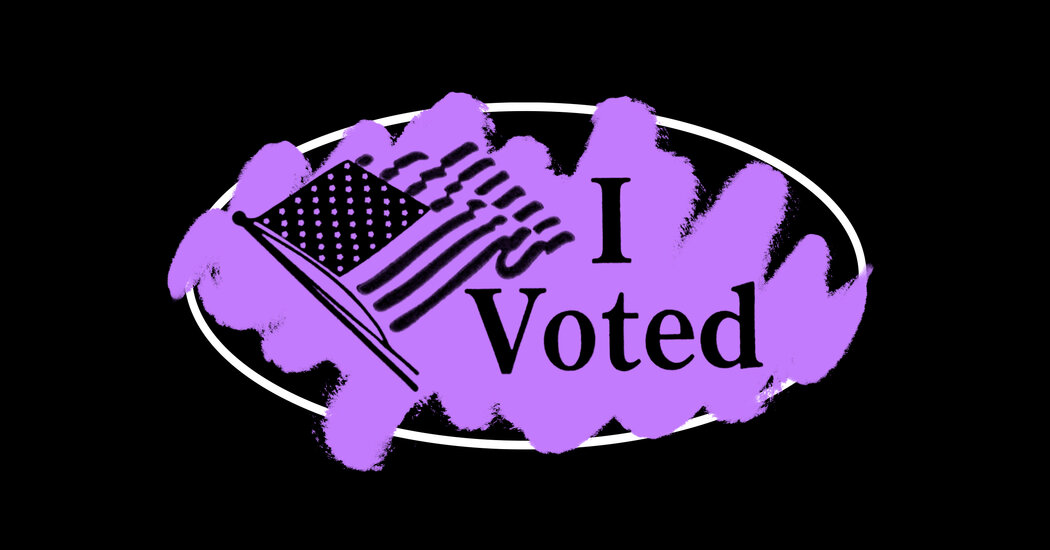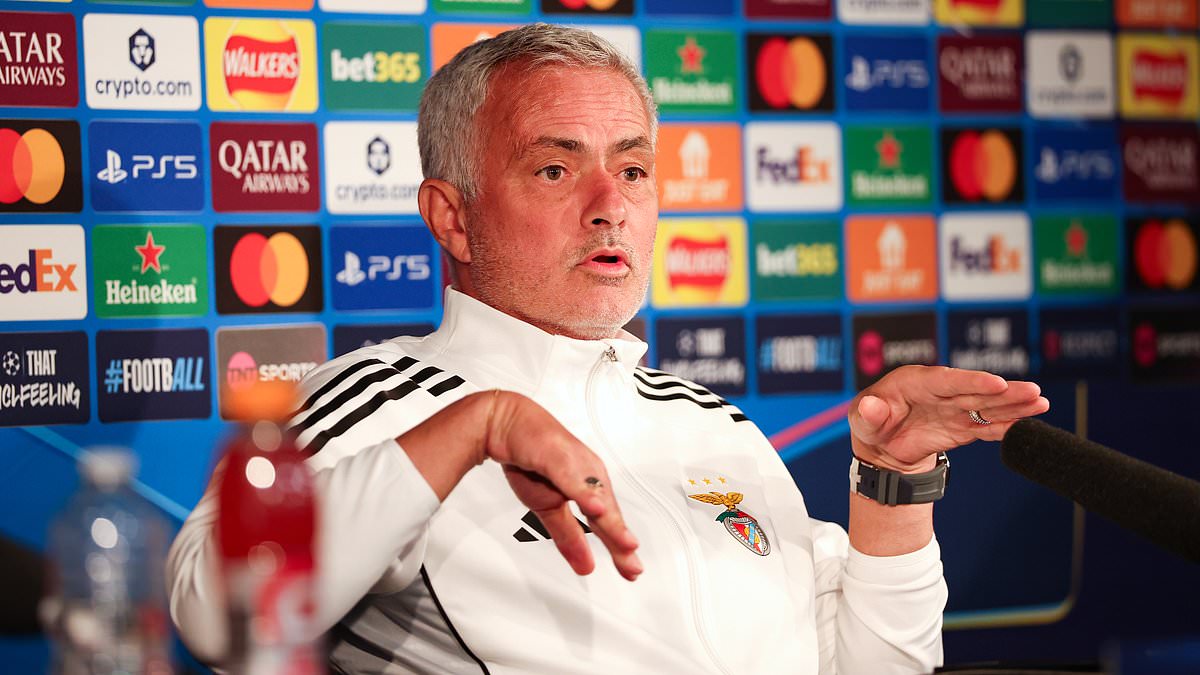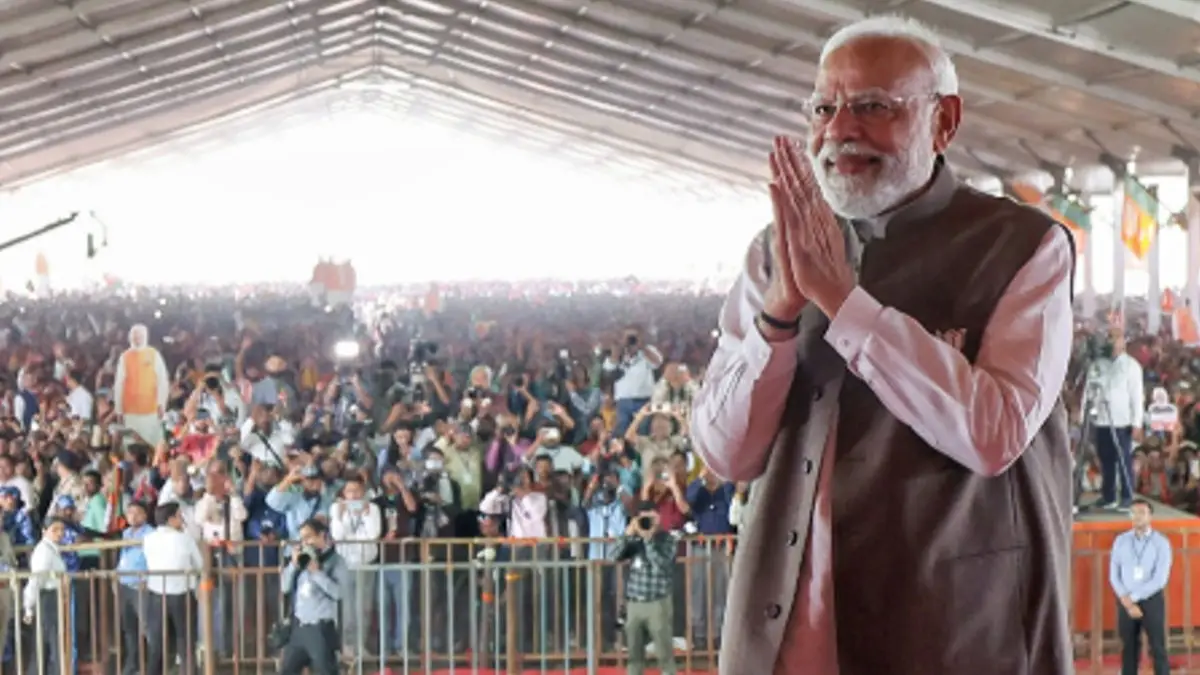Copyright The New York Times

To the Editor: Re “Moving to the Center Is the Way to Win” (editorial, Oct. 26): In making the case that Democrats must move to the center to win future elections, the editorial board rightly rejects a false dichotomy promoted by partisans and radicals. But while it’s true that moderates outperform extremists, I’d add that true moderation goes beyond heterodox politics. It requires the humility to recognize that no one has all the answers and the restraint to avoid condemning everyone on the other side of an argument. America’s unique civic culture has traditionally allowed us to speak freely without having to look over our shoulders, whether for fear of the government or our neighbors. My father grew up in the Soviet Union. The K.G.B. almost arrested him for not crying fast enough upon learning of Stalin’s death in 1953. Yet today, our own president threatens the livelihoods and even freedoms of those who displease him. Most recognize this as a threat to our First Amendment rights. But they also remember how the far left imposed a culture of censorship while mainstream liberals turned a blind eye, and voters bristle at this hypocrisy, even if state-imposed censorship is far more dangerous. If the American Republic is to survive, we should embrace the proactive, compelling moderation called for by the editorial board and in doing so, reaffirm our belief in American values like free speech, regardless of who holds power. Uriel Epshtein Arlington, Va. The writer is the chief executive of the Renew Democracy Initiative. To the Editor: Your editorial calling for politicians to move to the political center offers advice built on shaky ground and a fundamental error of logic. The core thesis relies on confusing correlation with causation. When your data shows a moderate candidate winning, it’s often just measuring the advantage of an incumbent or a well-funded candidate. We mistake that raw power for ideological purity, undercutting the editorial’s central claim. Furthermore, when an influential institution like The Times’s powerful editorial board defines a narrow center as the only viable path, it becomes an act of institutional gatekeeping. It limits the debate, effectively shielding the economic status quo from the necessary challenge of ambitious partisans. We must ask whose voice this argument ultimately serves: the voter demanding solutions or the establishment comfortable with incrementalism? We should demand a political debate that prioritizes conviction and courage, not just tactical victory. Jonah Bondurant Chicago To the Editor: After more than 50 years working in Pennsylvania state and local politics — and once serving as press secretary to the speaker of the House — I see electoral politics as a straightforward business proposition. Find out what voters want, then let them buy it with their votes. This is an approach that can produce moderation, but only if those who campaign as moderates actually deliver what they promise. The Times’s editorial board uses statistical gymnastics to argue for moderation, but it fails to recognize that elections and governance are two different things. None of the so-called Republican moderates The Times points to have actually governed with moderation. Instead, they have proven that “Republican moderate” is an oxymoron. No moderate would tolerate the Trump administration’s insults, its dismantling of our judiciary and the degradation of political processes, economic stability and public discourse, which has put the United States on the verge of becoming a banana republic. Nothing Democrats have done when they had power comes close to the extremism Republicans exercise daily. To imply otherwise is to engage in more destructive false equivalence. Tim Potts Carlisle, Pa. To the Editor: The assumption that being a centrist — whatever that means right now — is somehow nonpartisan, and a virtue unto itself, is misguided. Being a centrist is just as ideological or partisan as anything else. The problem isn’t that our politics isn’t centrist enough, it’s that it revolves around pandering and polling to determine an ever-shifting center. That falls far short of a politics in which leaders take principled and informed stances, help educate the public about why they are taking those stances and include people in shaping a government response to the material problems they face. It is also very different from a politics that unethically asks us, as this editorial does, to be satisfied with merely splitting the difference between various elements of a rapidly deteriorating status quo. Allison Lirish Dean Barrington, R.I. No-Phone Time? The Sabbath Is Already There. Without phones buzzing, pinging or tempting people to check social media, conversations are deeper and more focused. Eye contact is stronger, and people really listen to one another. You don’t have one foot in the conversation and one foot in your phone, so to speak. Everyone is more fully present, which strengthens bonds and creates shared experiences that feel richer and more memorable. In addition, meals around the Sabbath table become a central time for family and friends to share stories, debate ideas, sing songs and connect. These conversations often stretch longer than weekday meals precisely because there’s no rush to get back to devices. Also, the absence of outside noise (texts, news updates, work emails) makes relationships inside the home the priority. Parents and children can spend more quality time together, and friendships deepen through unhurried interaction. And without the quick distraction of looking things up online, people often rely on memory, stories or imagination. This sparks laughter, debate and a sense of continuity across generations. Knowing there will be 25 hours each week without phones helps me look forward to this break. Think of it as a kind of weekly digital detox, giving relationships space to flourish without interruptions. Perhaps it’s something that everyone — even those who don’t observe the Sabbath as strictly as I do — should try.



